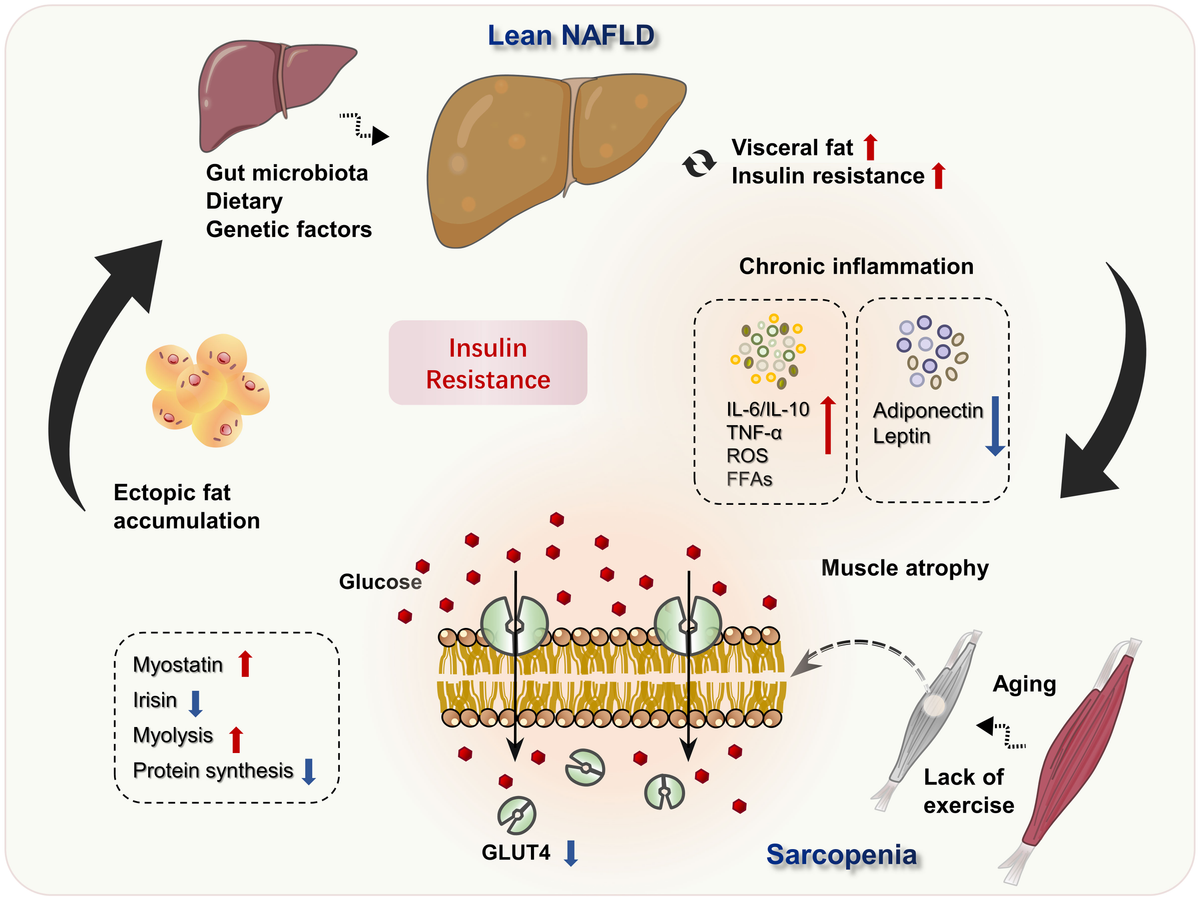As someone who has a part American family, I can say that from my experience, food in the USA is disproportionately adulterated with sugar, salt and probably some MSG and other chemicals that our bodies generally don’t need, or have little nutritional value.
Hey, total aside, but go look up Dr. Ho Man Kwok and the science and background on MSG. It's a fascinating story. You won't be mad you did.

 Archmage
Archmage
 Vala
Vala



 Myth Weaver
Myth Weaver